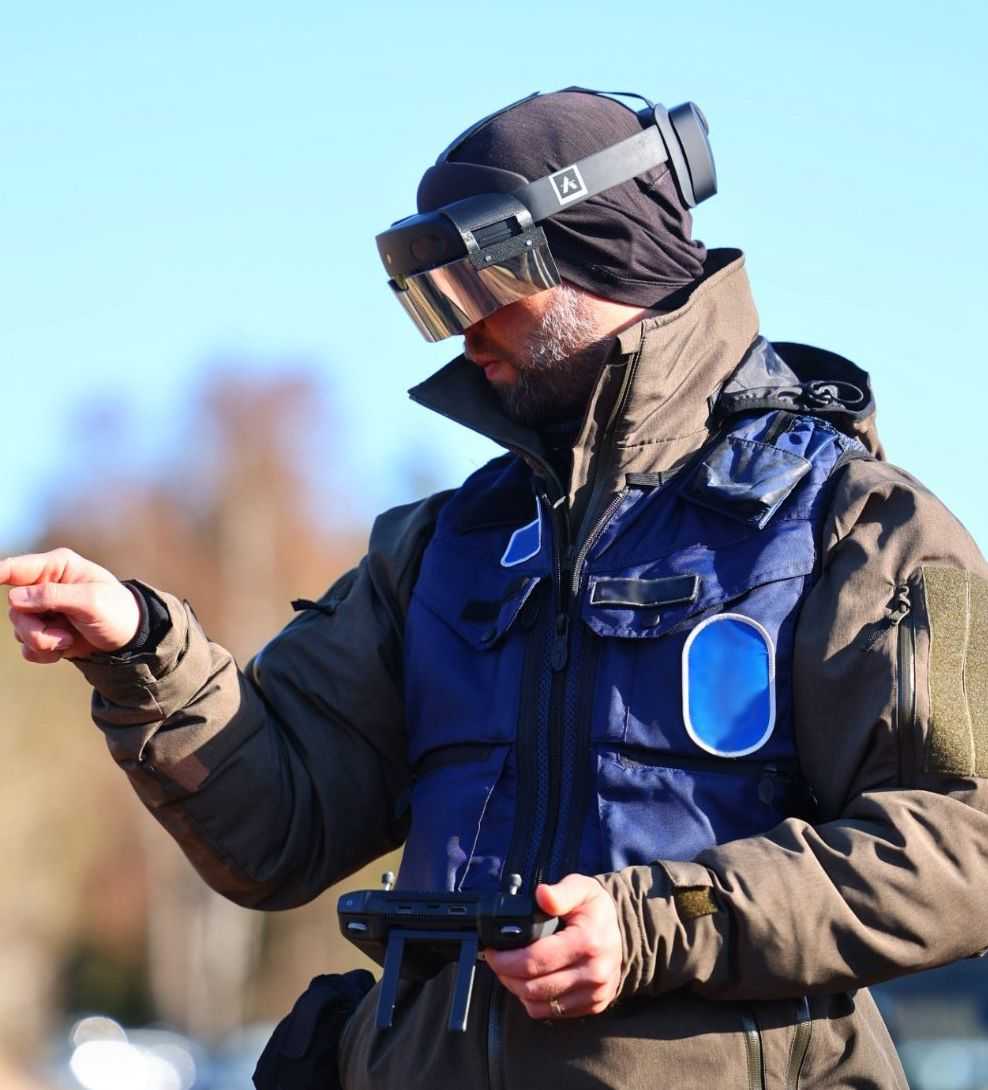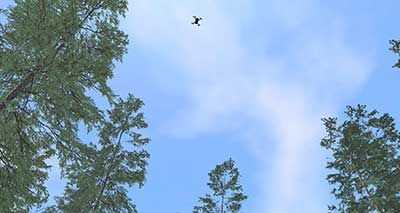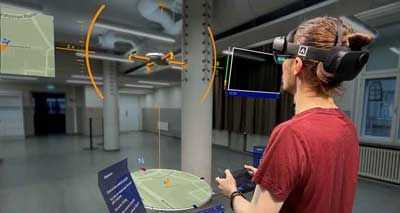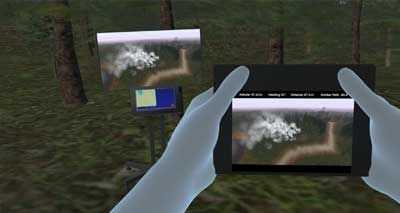
AirSkill for Law Enforcement
AirSkill is the best training tool for drone pilots serving in law enforcement or search and rescue operations.

In Partnership with Pioneers
Airskill is a pioneering VR/AR software company that has been at the forefront of developing cutting-edge training solutions for drone pilots over the past five years. Specializing in immersive technologies, Airskill has collaborated closely with law enforcement agencies across Europe and the United States to enhance the skills and readiness of drone operators in various critical fields. By leveraging virtual and augmented reality, Airskill offers an innovative and highly effective way to simulate real-world scenarios, providing drone pilots with realistic, hands-on training in safe, controlled environments.
Law enforcement agencies today face growing challenges, particularly when it comes to surveillance, search-and-rescue operations, and managing large-scale events. The use of drones has become a vital tool in addressing these challenges. However, it is equally important that the operators of these drones are trained to handle complex and often high-stakes situations with precision. This is where Airskill’s VR/AR solutions come into play, offering customizable training programs that help drone pilots gain confidence and competence in various mission-critical tasks without the risks associated with live operations.
Airskill’s partnership with law enforcement agencies ensures that the training programs are specifically tailored to meet the evolving needs of modern policing and first resonders.
Scenarios we can manage for Law Enforcement out of the box
And we can always create custom scenarios. Just ask us below.

Barricaded Suspect in a House
In this scenario, law enforcement drone pilots will learn to assist in managing situations involving a barricaded suspect. Learn to use the drone to provide real-time aerial surveillance, monitor entry points, and assess the surroundings without risking officer safety. Practice using the heads-up display to gather intelligence and support tactical decision-making during a high-risk standoff.

Emergency Procedures
In this scenario, law enforcement drone pilots will learn how to use drones in emergency situations. Practice deploying the drone to locate missing persons, assess hazardous areas, and monitor traffic incidents. Learn to navigate using the heads-up display to provide real-time situational awareness in crisis situations like search and rescue or crowd control.

Basic flight manoeuvres for beginners
Simple simulation that allow you to learn the basics of flying a drone (panning right and left, climbing, landing, avoiding obstacles etc).

Clearing a house
This scenario trains law enforcement drone pilots to assist in clearing a house during a tactical operation. Learn to use the drone to provide live interior and exterior surveillance, check for hidden threats, and monitor multiple entry points. Practice coordinating with ground teams by relaying crucial visual information to enhance safety and support effective room-by-room clearing.

Search and rescue of a person in a forest
This scenario trains law enforcement drone pilots to assist in search and rescue operations for a missing person in a forest. Learn to use the drone to scan dense areas, identify movement, and provide real-time aerial coverage. Practice navigating challenging terrain and using the heads-up display to guide ground teams towards the person in need of rescue.

Search And Rescue of a person in water
In this scenario, law enforcement drone pilots will learn to assist in search and rescue operations for a person in the water. Learn to use the drone to locate the individual, assess water conditions, and provide real-time aerial views to guide rescue teams. Practice maintaining visual contact and relaying critical information to ensure a timely and safe rescue.